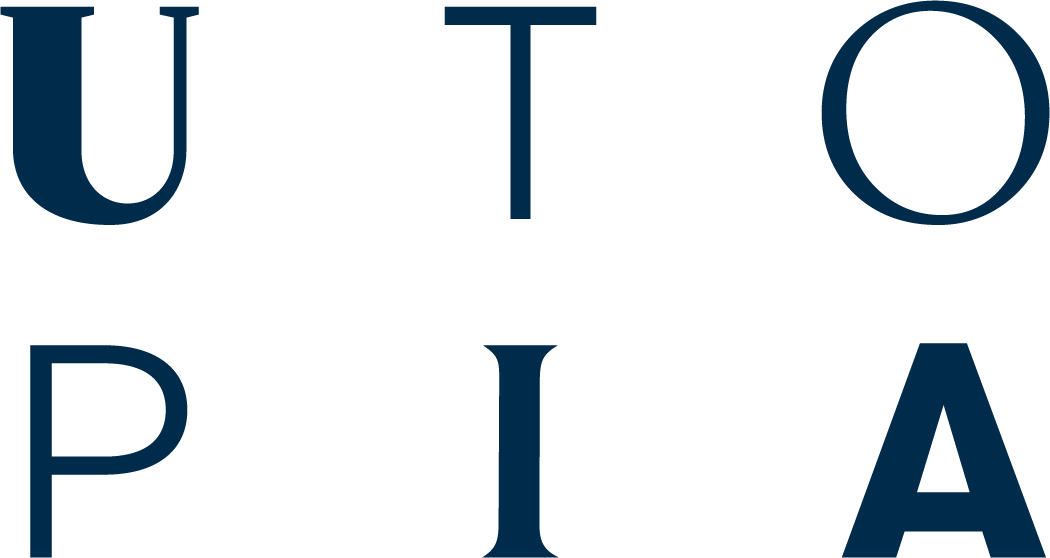You must be woking! How anti-racist language got abused
In another blog we reflect on what’s actually changed for people of colour (POC) since George Floyd’s murder nearly three years ago. Whilst the promises following his death didn’t usher in a sweeping revolution in race relations, we’d argue that we’ve been left with a somewhat complicated legacy in terms of the language of diversity, equity and inclusion (DEI).
For example, despite differing racial contexts, the demands of the Black Lives Matter protests in Europe were used to challenge colonial legacies - demonstrated by statues toppled in the UK and Belgium. Plus, there was a demand to include information on how empire, colonialism and its racially-slanted impacts is taught in schools.
However, this rise in advocacy also brought with it a troubling and rapid polarisation of the racial equity debate. After any push for social transformation, there tends to be a reactionary swing back towards an imagined ‘Golden Age’, before the so-called ‘culture wars’ erupted. We no longer hear the phrase “race card” mentioned as much in daily conversation. Instead, this new term – woke – just as insidious, has cropped up to take its place. As well as being a term culturally appropriated from communities of colour, its rising use is deeply problematic.
Source: “If You’re Woke You Dig It" by William Melvin Kelley, 1962. New York Times
Worryingly, ‘woke’ is used as a socially acceptable stick to minimise the impact of racism felt by POC on a daily basis or worse, hiding deep-seated racist beliefs. The then Attorney General, Suella Braverman demonstrated this when she cancelled her own team’s equality training stating, “Britain needs a lot of things, but it certainly doesn't need woke commissars policing our thoughts.” Likewise, infamous broadcaster Piers Morgan has repeatedly hit out at the ‘woke brigade’ on Twitter whenever he faces backlash.
The introduction to racist language starts early. Research by YMCA amongst young people of colour found that more than nine out of 10 (95%) said they had witnessed racist language at school. If racist language is flagrantly brandished in our media, societies, and schools, what keeps it out of our workplaces? Utopia’s work, our large scale research studies and other studies into race and ethnic disparities show that racism at work is still very real. Recent research explored the extent of racial discrimination experienced by people from ethnic and religious minority groups. It found that nearly a third report racial discrimination in employment.
Just this last year the UK’s largest ever study into the experiences of people of colour at work reveals two in five (41%) of racially minoritised workers have faced racism at work in the last five years. This rises to more than half for those aged 25 to 34 years old, and a whopping 3 in 5 of those aged between 18 and 24 years old.
What lies behind this impulse to keep change at bay?
The traction made in the race equity debate following May 2020 would’ve made many people comfortable with the existing racial status quo feel disempowered, and as a result reactive. In his book, ‘The Ideology of Political Reactionaries’, Dr Richard Shorten suggests that the source of this repulsion rests on three persuasive appeals: decadence, conspiracy, and indignation. We’ve seen all three play out amongst those who’ve vocalised that the Black Lives Matter movement has gone too far: decadence, ‘why focus on cultural niceties when the economy is tanking?’; conspiracy, ‘social media is inducting young people into a Marxist cult’; indignation, ‘you can’t say anything anymore otherwise the woke mob will cancel you’.
How can I be a better ally?
Hearing people, especially people in power, carelessly label individuals, organisations and DEI actions as ‘woke’, some malevolent thought-control programme launching an assault on reality itself, mustn’t be left unchallenged. Let’s learn from the Gender Equity movement. Calls for advancement began over 175 years ago - likewise they were mocked and diminished - but with consistent challenge, support and representation we’re now seeing some success at a systemic, societal level.
We can look to LGBTQ+ rights movement also. In 1981 just 12% of the British public thought that homosexuality was “justifiable”, this only rose to 33% as recently as 2009. But by 2022 the level of acceptance doubled again, to 66%. This generational liberalisation of social attitudes is mirrored across most economically developed countries. Attitudinal surveys illustrate a similar generational divide for race equity with support being roughly twice as high amongst the youngest compared with the oldest age groups.
As millennials take their place as the largest adult cohort, it’s important for workplaces to remain attractive to their potential workforce. The ongoing work of creating a fair and inclusive culture is resisting and proactively challenging the distractions of singular interests that are protective of historical power.
Whilst it’s difficult to argue that violence against people of colour is acceptable, the word “woke” is a pernicious tool that demeans nuanced conversations around the very real and daily challenges felt by minoritised communities. Minimising calls for equity gives conscious-free licence to perpetuate harm to others. At a deeper level, to diminish people advocating for themselves is to hide deeper-seated, non-inclusive beliefs that get in the way of a truly inclusive society or workforce. It’s our role as individuals to visibly and actively challenge that. To remain silent is to be complicit. What remains unresolved is the pace at which we respond to these demands.


